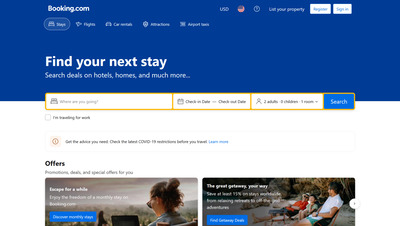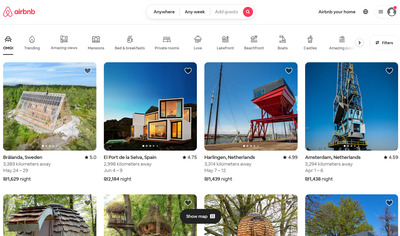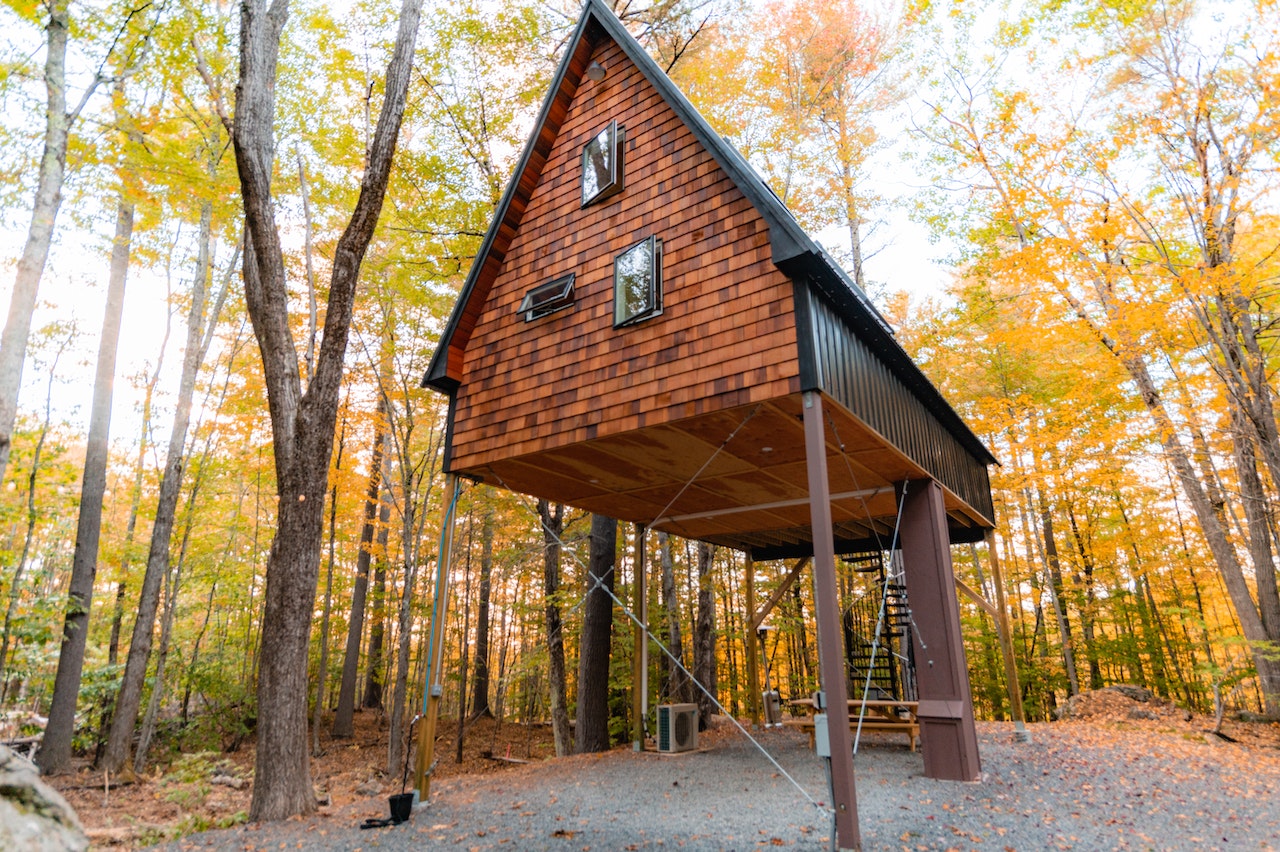Booking.com and Airbnb are two of the most popular online platforms for booking travel accommodations. While both offer a variety of options, there are some key differences between the two services. In this article, we'll take a closer look at the history, pluses, and minuses of each platform.
Booking.com
Booking.com is an online travel agency that was founded in Amsterdam in 1996. Originally, it focused on hotel bookings but has since expanded to include vacation rentals, apartments, and other types of accommodations. In 2005, the company was acquired by Priceline Group (now Booking Holdings), and it has since become one of the largest online travel agencies in the world.
Pluses:
Wide selection of accommodations
User-friendly interface
Instant confirmation of bookings
Competitive prices and deals
Loyalty program for frequent users
Minuses:
Limited communication with hosts
Limited personalization options
Fees charged to hosts may result in higher prices for guests
Some bookings may require prepayment or non-refundable deposits
Airbnb
Airbnb is an online marketplace for people to rent out their homes or apartments to travelers. The company was founded in 2008 in San Francisco by Brian Chesky, Joe Gebbia, and Nathan Blecharczyk. Originally, the idea was to provide affordable lodging for attendees of a design conference who couldn't find hotel rooms. The company has since expanded to include a variety of unique and non-traditional accommodations, such as treehouses, yurts, and houseboats.
Pluses:
Wide variety of unique and non-traditional accommodations
Personalized experiences with local hosts
Ability to communicate with hosts before booking
Flexible cancellation policies
Competitive pricing for long-term stays
Minuses:
Limited selection of traditional hotels and accommodations
Hosts may cancel bookings at the last minute
Prices may be higher than other booking services due to added fees
Limited loyalty program for frequent users
Key Differences between Booking.com and Airbnb
Types of Accommodations
Booking.com offers a wide selection of traditional hotels, as well as vacation rentals, apartments, and other types of accommodations. On the other hand, Airbnb specializes in unique and non-traditional accommodations, such as treehouses, yurts, and houseboats.
Communication with Hosts
Airbnb allows guests to communicate with hosts before booking, which can provide a more personalized experience. Booking.com, however, has limited communication with hosts and generally provides instant confirmation of bookings.
Pricing and Fees
Booking.com charges fees to hosts, which may result in higher prices for guests. Airbnb charges a service fee to guests, which is generally lower than the fees charged by Booking.com. However, some Airbnb hosts may charge additional fees for cleaning or other services.
Cancellation Policies
Airbnb generally has more flexible cancellation policies than Booking.com. Some Airbnb hosts offer full refunds for cancellations up to a certain date, while Booking.com may require prepayment or non-refundable deposits for certain bookings.
Both Booking.com and Airbnb offer a variety of options for travelers, but each has its own strengths and weaknesses. Booking.com is a great choice for those looking for traditional hotels or a wide selection of accommodations. Airbnb, on the other hand, is ideal for those looking for unique and non-traditional accommodations and a more personalized experience with local hosts. Ultimately, the choice between the two platforms will depend on the traveler's specific needs and preferences.














